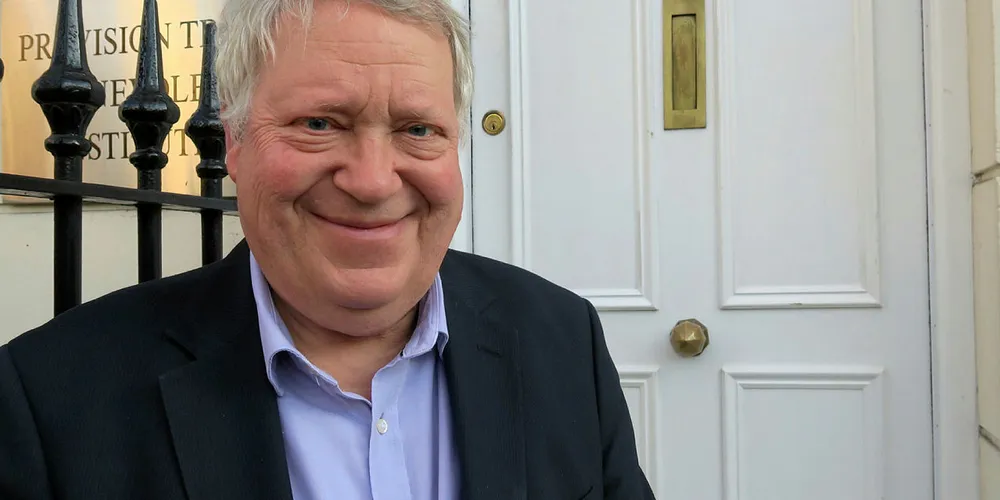Seafood industry sets out 'must-win' conditions for new UK government
The UK seafood industry is firm in its commitment to keeping conditions that have driven success in place.

The UK seafood industry is firm in its commitment to keeping conditions that have driven success in place.
